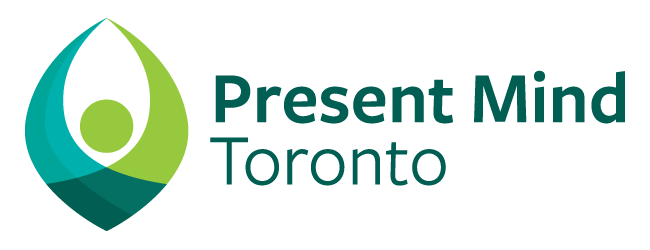Task Completion Vs Novelty Seeking
Do you feel pressure to complete tasks, but still find yourself avoiding them? What drives some of us to complete tasks, while others start new projects before finishing the last one?
To answer these questions, we will need to look at motivation, personality, brain wiring, and even environmental conditioning. There are a few overlapping explanations for why some people have a singular focus (deep draw to complete one task) while others are more drawn to multitasking or novelty (interest in multiple or new tasks).
1. Differences in brain wiring and attention systems
Dopamine regulation: People with a stronger dopamine response to novelty may seek out new stimuli (leading to task-switching/multitasking), whereas those with a big dopamine surge from completion may stay on one task until it's done.
Executive function style: Some brains (e.g., often seen in ADHD) have an “interest-based nervous system,” where focus turns on intensely for highly stimulating tasks but turns off for others. That can look like “hyperfocus” on music or gaming—but scattered attention elsewhere (e.g. laundry or spreadsheets).
2. Personality and temperament
Conscientious vs. Openness to Experience: Conscientious people often feel an internal “pull” to finish what they start—they find satisfaction in order and closure. Highly open individuals may feel more energized juggling multiple interests or ideas. You can discover your dominant personality traits on the Big Five Personality Test: https://www.truity.com/test/big-five-personality-test
Need for closure vs. tolerance for ambiguity: Some people are uncomfortable leaving things incomplete and feel tension until resolution. Others are comfortable with unfinished business and don’t feel urgency to wrap up every loose end.
3. Motivation and reward systems
Intrinsic reward focus: People drawn to deep work (e.g., improving their running time for a marathon) often have a high internal reward loop—they feel pleasure in the task itself.
Extrinsic juggling: Others may orient more toward external demands or deadlines—splitting attention between goals because that’s how they optimize rewards (social, professional, or emotional).
4. Environment and conditioning
As a child, if you were raised in a constant, steady environment where you were rewarded for finishing tasks you may feel a strong pull toward completion.
If you were raised in a less predictable or chaotic environment, you may have learned not to get overly attached to outcomes, and that being ready to switch gears was adaptive.
In summary, some people’s brains are wired to get a dopamine burst from finishing and closing loops (e.g. “I checked a task off my list!”). Others get their dopamine from novelty or juggling multiple tasks (“Ooh, what else can I try today?”). Understanding your own style of motivation and reward can help you engineer systems to create and achieve your goals in a way that feels natural and authentic.

